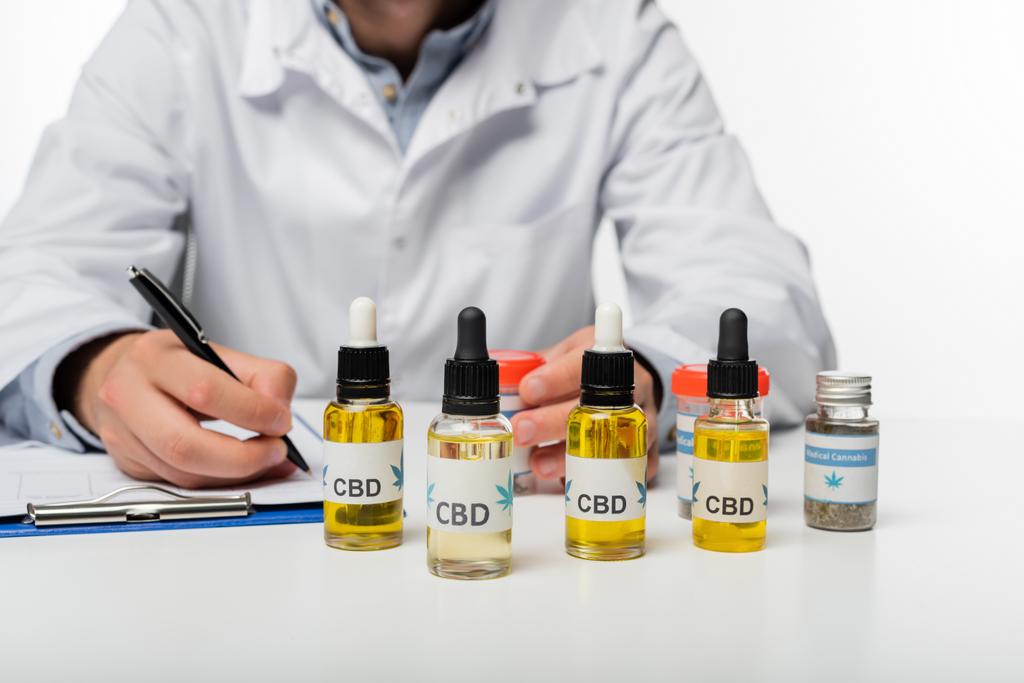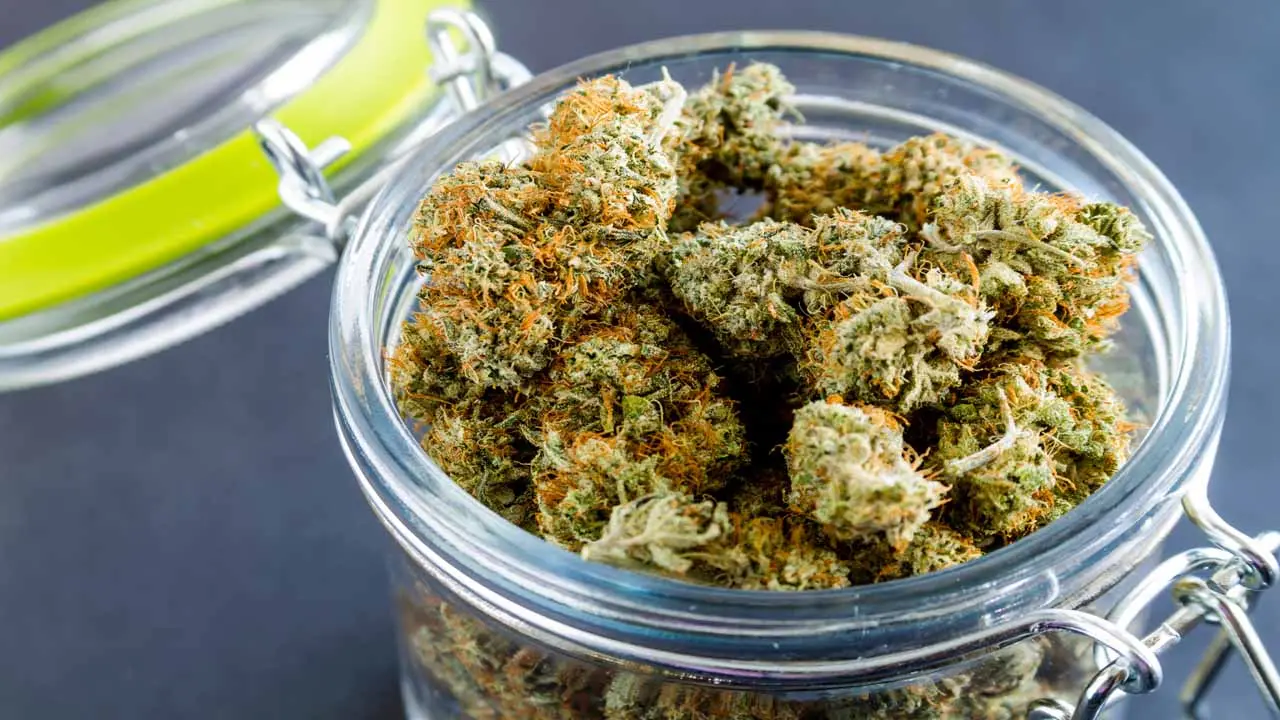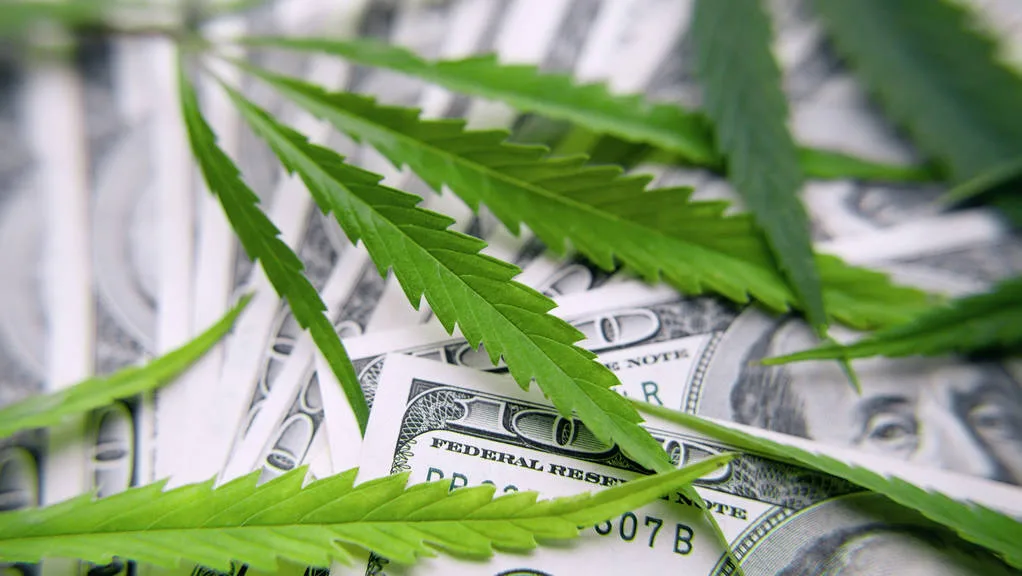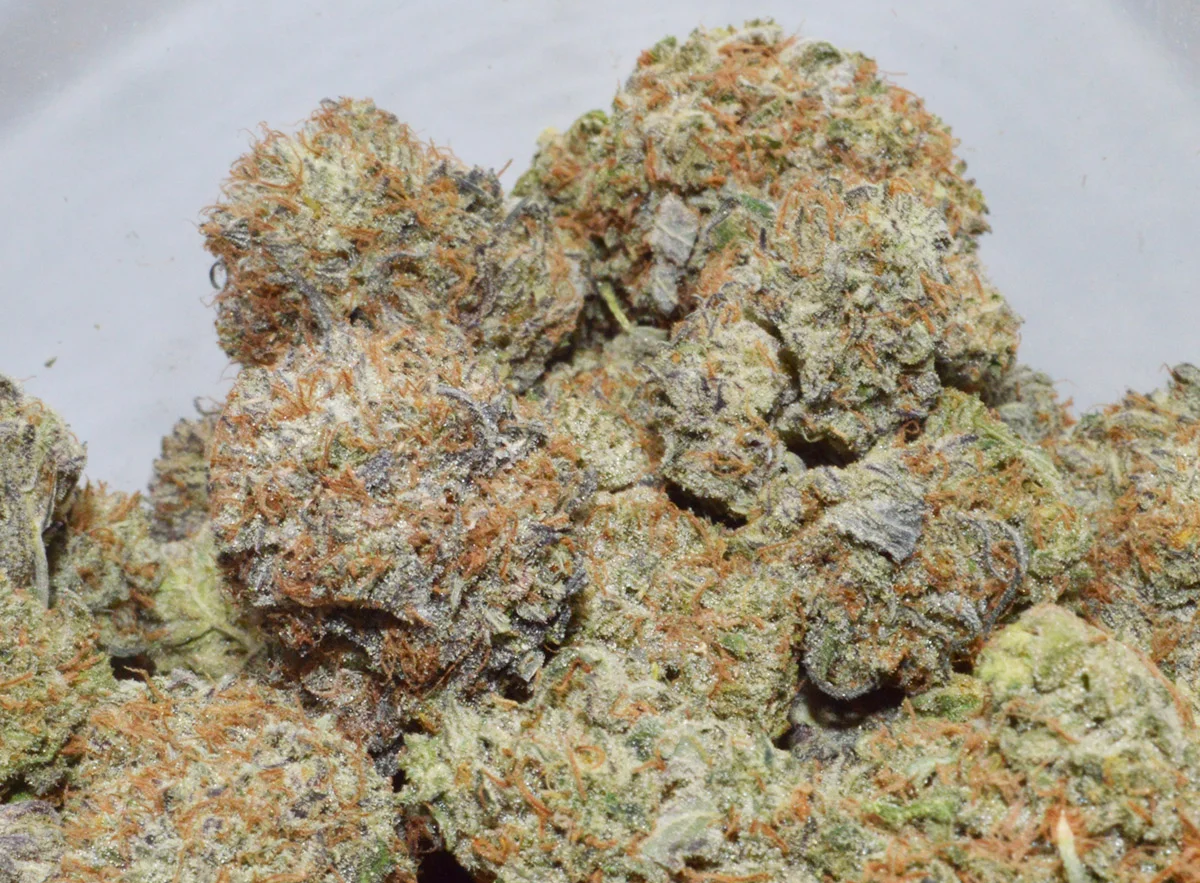New York Assemblymember Amy Paulin (D) plans to refile her psilocybin legalization bill for the January 2025 legislative session after the measure failed to advance in 2024.
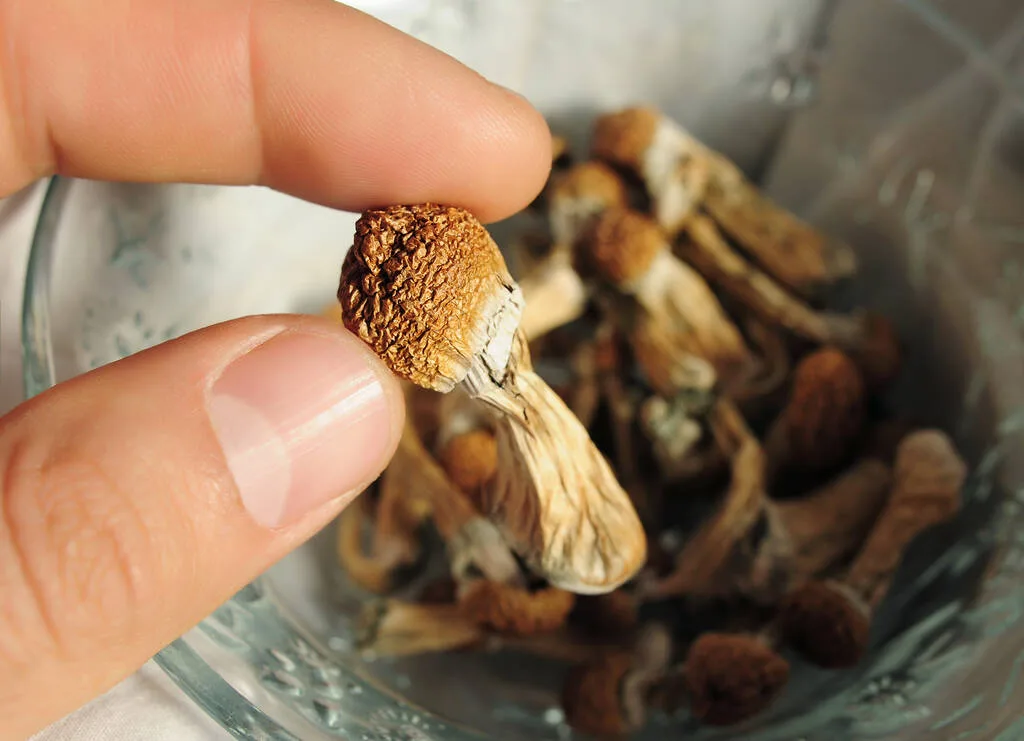
Dried psilocybin mushrooms.
The proposed legislation, titled Assembly Bill 10375 during this year’s session, was introduced in May 2024. The measure sought to establish a comprehensive framework for the “regulated adult use, support services, and cultivation of psilocybin-containing fungi.” Despite significant interest, the bill did not progress through the legislature this year.
Paulin’s bill outlines a system for licensing and regulating psilocybin therapy, allowing qualified adults to use the substance under the supervision of licensed healthcare professionals in designated service centers. The measure would also remove psilocybin from the state’s list of controlled substances.
Continue reading

